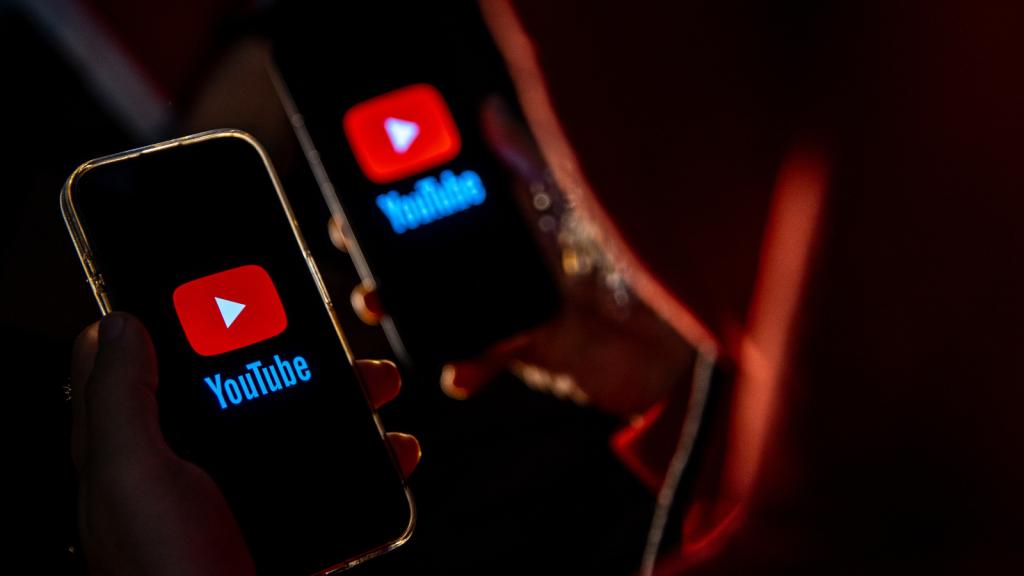Don’t tell the Coca-Cola Corporation, but according to a major new study, kids today are drinking less soda. And that’s not all. They’re drinking fewer sugary drinks overall — a category that includes sports drinks like Gatorade and Powerade, flavored waters like Vitaminwater, and fruit drinks. Huzzah!
It probably has something to do with public ad campaigns like this latest from New York City:
Ouch!
Indeed, NYC Mayor Michael Bloomberg has styled himself the Great [anti-]Soda Satan and he is probably pleased as punch about this latest news, despite the fact that his proposed ban on supersized sodas has been stopped, for the moment at least, by a beverage industry lawsuit.
The links between soda consumption and health risks like diabetes continue to grow stronger. This recent study from the U.K. found drinking one soda a day increases your diabetes risk by 22 percent. And of course, there’s plenty of evidence linking soda to obesity in general. So the drop in soda consumption here in the U.S. is likely a significant factor in the current slowing of the obesity epidemic, especially in cities that have put serious resources behind combating it.
The evidence for the drop comes in new research from doctors and scientists at the Centers for Disease Control that looked at consumption rates of sugary drinks between 1999 and 2010 among adults and kids. The work, which appeared in The American Journal of Clinical Nutrition, determined that kids now get 8 percent of their calories from these drinks, down from 11 percent back in 1999.
To make it even more exciting, the chunk of kids who drink no soda, at just over a third in 2010, is the highest in a decade. That’s a 60 percent increase. Yay!
Of course, it remains true that about 64 percent of kids drink one or more sugary drinks a day, and that kids on average get 155 calories a day from them. Boo!
I also say boo to the study’s finding that kids are drinking more sports drinks, although they still represent a small fraction of total consumption. It may be because sports drinks are looked at a bit differently by parents — in a way that allows them to bypass parents’ junk food filter.
Research out of the University of Texas looked at the diets and activities of Texas school students and found that, unlike with soda, sports drinks were closely associated with healthier diets and healthier behaviors. But the fact is that these drinks have just as much sugar as soda.
One aspect of soda consumption that this latest work doesn’t address is that kids are actually drinking more diet soda than ever before. The number of kids drinking the stuff doubled from 1999-2007 and is still on the increase. And while it’s tempting to think that it’s an improvement over slurping sugary soda, the jury is most definitely out as to whether there may be health effects from even low-calorie sweeteners.
As the diet soda researchers wrote:
The effects of these sugar alternatives have not been well studied, and both short- and long-term effects have yet to be determined …
Recent human and animal studies have shown that [low calorie sweeteners] may affect glucose metabolism, satiety [that is, the feeling that you’ve had enough], and vascular function, despite their inherent lack of energy. A growing body of evidence suggests that repeated exposure to sweet substances may lead to the development of preferences for highly sweet foods and beverages. This is particularly concerning in young children, among whom early exposure to highly sweet substances can lead to the development of dietary patterns replete with highly caloric foods, typically lacking in nutritional value.
A long-term study of middle-aged men in Japan actually found a strong association between drinking diet soda and developing diabetes, even after researchers controlled for factors like age, weight, diet, exercise, and so on. One theory is that diet soda, just like its naturally sweetened brethren, reprograms our brains to prefer overly sweet tastes and thus lead us down the path to high-calorie foods. You may not drink yourself fat through diet soda alone, but it may still be the gateway to obesity.
And if kids are still averaging 155 calories per day from sugary drinks and over a third of kids aren’t drinking any, then it follows that the kids who drink two or more of them per day — about 30 percent — are drinking a lot of the stuff. Maybe those are the kids public health officials should really focus on reaching.
Because rest assured, while the drop in soda drinking might strike you as a drop in the bucket when you consider the vast amount of the stuff Americans consume, it’s certainly enough to get Big Soda’s attention.



